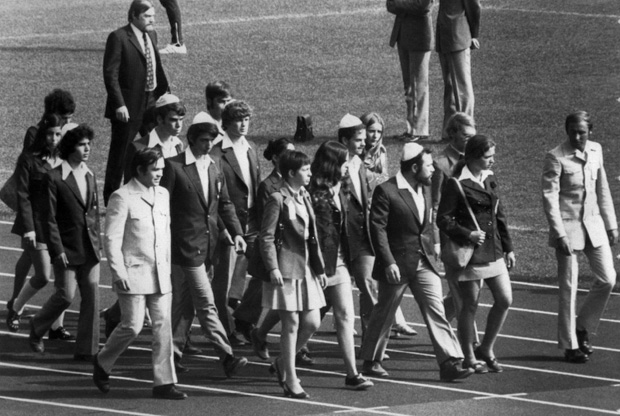|
By Baruch Cohen
To Mother: Never did I ask why dawns are red Never did I ask why flags are like hawthorns Never did I ask why flowers look tearful in those mornings Never did I ask why dusks don’t lose their splendour I always saw Mother’s tears How she wiped them with her handkerchief, I never saw. I always saw brows shining with sweat I always saw how grains burst under sun But a fruit without lamenting, I never saw I always understood man’s sigh I always looked for that gushing spring Never did I ask why mountains stab the sky’s back Never did I ask why the sun refreshes itself in Earth’s poems Never did I ask why stars whisper to me with their twilight All these things I received, the whole Universe Like Mother’s warm caresses All these things I received, just like my Mother’s earthly end-- I never asked. I never asked why my Mother’s warm lips no longer whispered lullabies, Why those hands no longer kneaded the leavened yeast Or why my Mother’s eyes no longer saw The great seal of suffering, Life… (Baruch Cohen is Research Chairman at the Canadian Institute for Jewish Research. The initial draft of this poem, written in 1952, was translated from Romanian by Alex Enescu, a CIJR student-intern & editor of Dateline: Middle East.) The real reason the Olympic Committee refuses to commemorate the Israeli athletes murdered in Munich |
CISA Blog
This blog provides selective critical analysis on developments in contemporary culture related to the subjects of antisemitism, racism, the Holocaust, genocide, and human rights.
|
© 2025 Canadian Institute for the Study of Antisemitism. All Rights Reserved.

 RSS Feed
RSS Feed